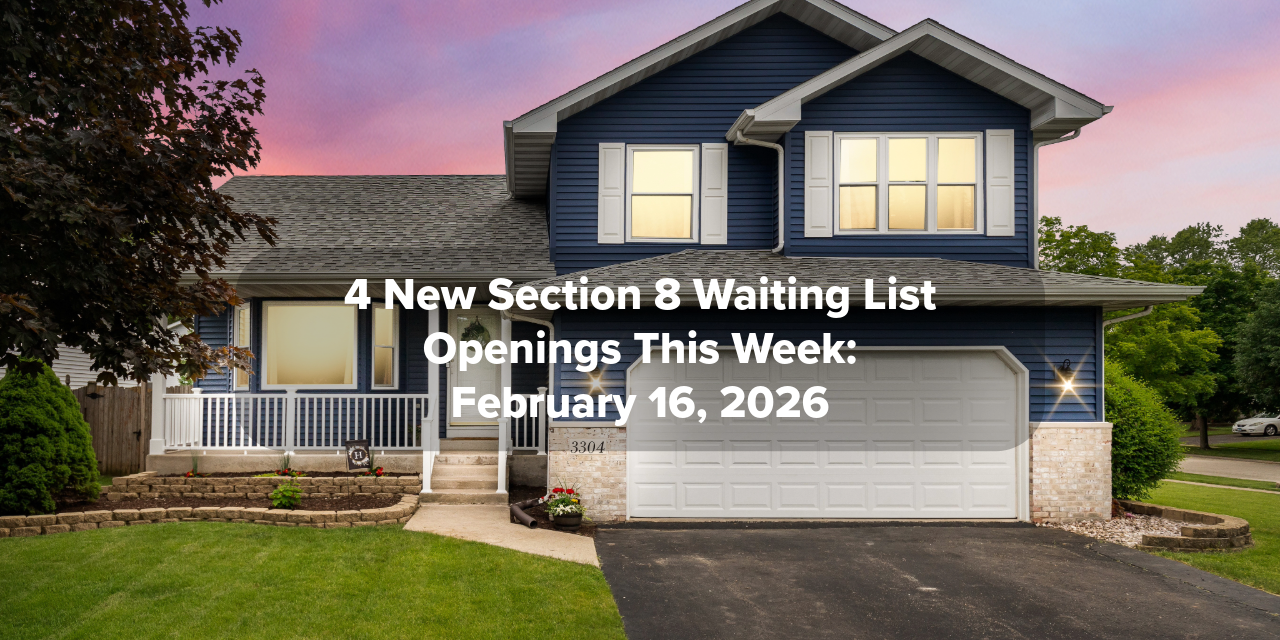3 STEP GUIDE TO PREPARING FOR YOUR HOME LOAN
1. Plan for Your Down Payment
If you don’t know how much money is required for a down payment, you won’t know what your savings goal should be. You might be looking at a 3.5%, 10%, or even a 20% down payment depending on your credit score and the type of loan you want.
Knowing what percentage of the purchase price you need for a down payment will get you started, but you’ll also need to know how much house you can afford. For this information, you will probably need the assistance of a lender.
If you’re aiming for a 3.5% down payment, you have to be sure your credit score is 580 or higher. If you’ve got some credit issues, but can make the 10% down payment, your FICO score must be between 579 and 500. If your credit score is below 500, you won’t get FHA financing and need to concentrate on improving your score before considering homeownership.
As long as lenders abide by the Fair Housing Act and other applicable federal laws, they have discretion when it comes to the credit scores they require. You may find the requirement to be higher than you anticipated.
If you really want to pay off your mortgage as soon as possible or want to reduce your monthly payments as much as you can, you should consider making a bigger than required down payment. The lower the balance you start off with, the sooner you’ll own your home free and clear.
A lot of borrowers don’t have the financial option of making a big down payment. Others are in no hurry to pay off their mortgages and instead of saving for a substantial down payment prefer to become homeowners sooner rather than later. You should base your decision on your personal goals and financial situation.
You can’t forget about closing costs when you are calculating the amount of money needed to buy a house. Down payments and closing costs are two separate things.
There will be several transaction and document fees required at closing that don’t count as part of your down payment. Consider asking the seller to help with the closing costs. The FHA allows this up to six percent.
Explore Downpayment Assistance Options
2. Decide What Type of Home You’re Looking For
Home loan preparation includes narrowing down your search before you start looking. Do you want a condo or a fixer-upper? The FHA has different loan requirements depending on your answer.
Some loans take longer to process than others. Lenders may consider loans for certain types of property differently from others.
It probably won’t make a difference in your down payment or interest rate if you consider both condos and single-family homes. It will make a difference if you are considering building a house, which could require an FHA One-Time Close construction loan. Requirements for these loans include hiring approved contractors and how the funds from the loan will be used to pay for them.
The sky is not the limit when it comes to the purchase amount allowed by the FHA. It will only insure so much. The maximum it insures depends on the type of property you’re buying and where in the country you live.
About 80% of the country falls into the low-cost area where the FHA lending limit for a single-family home in 2020 is $331,760. For the 20% that fall into the high-cost area, the limit in 2020 for a single-family home is $765.600.
3. Set Financial Goals to Get the Mortgage You Want
When you’re thinking about the house you want to buy, it’s a good idea to factor in your long term goals. If you plan to wait until you can afford the house of your dreams, one you‘ll stay in for the long term while you raise your family, your strategy should be to aim for a fixed-rate mortgage.
If on the other hand, you’re buying a starter home or know you will relocate for business in a few years, you might decide to roll the dice and go with an adjustable-rate mortgage, hoping interest rates will stay low until you decide to sell.
This can be an especially good idea if you know you’ll be moving within five or six years. A hybrid 5/1 adjustable-rate mortgage (5/1 ARM), gives you a five-year introductory fixed rate of interest before it starts to adjust on an annual basis.
Not everyone has the luxury of knowing what the future holds though. If you’re unsure about how long you’ll be in the house you’re thinking about buying, the common wisdom is to play it safe with a fixed-rate mortgage.










